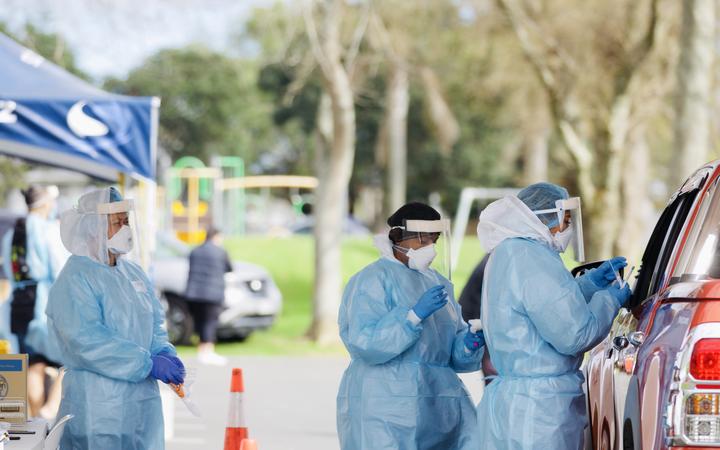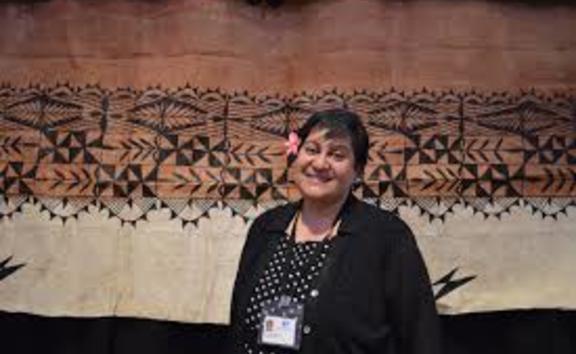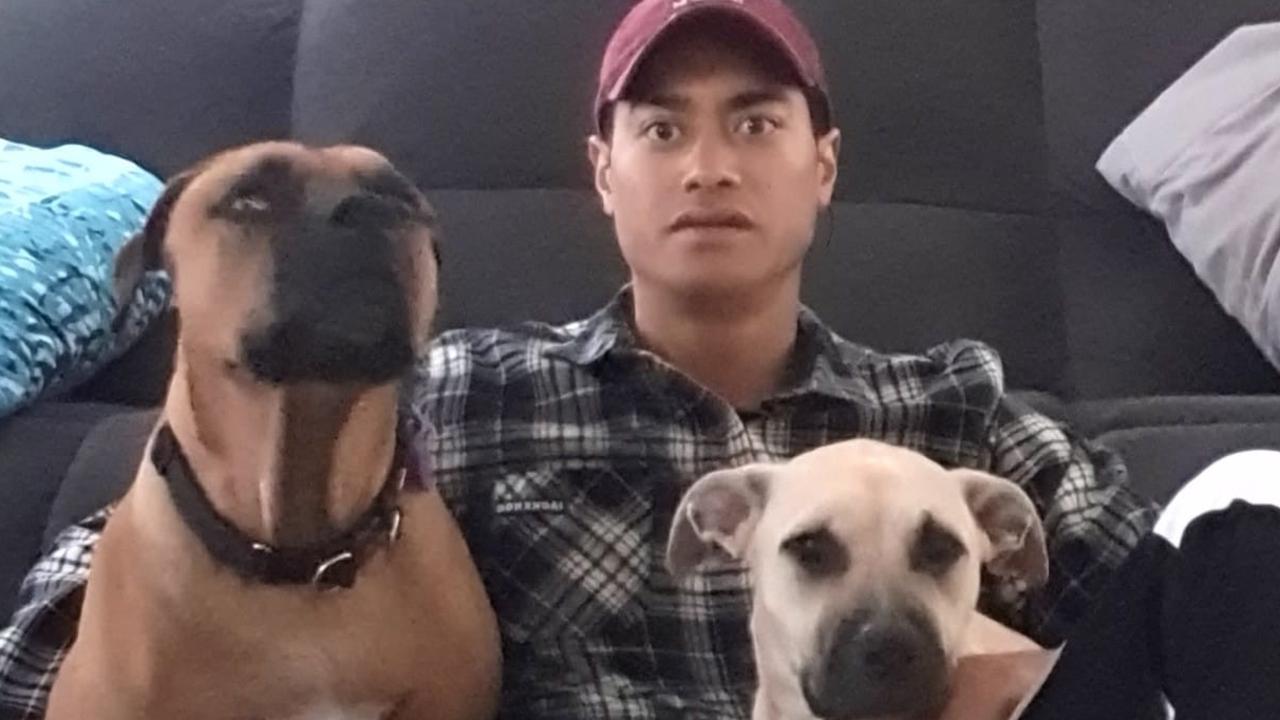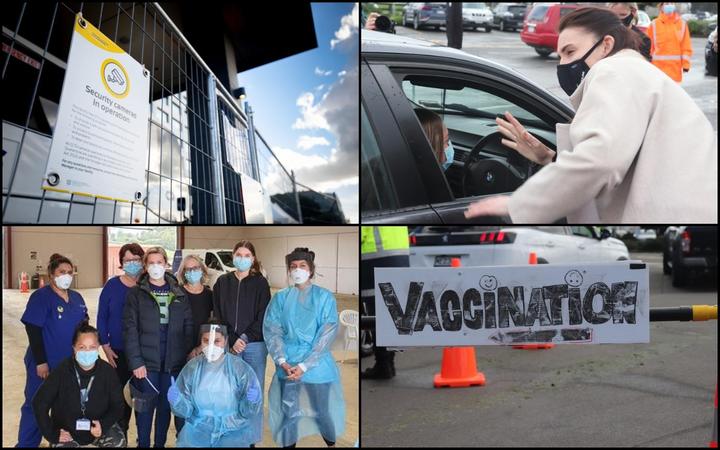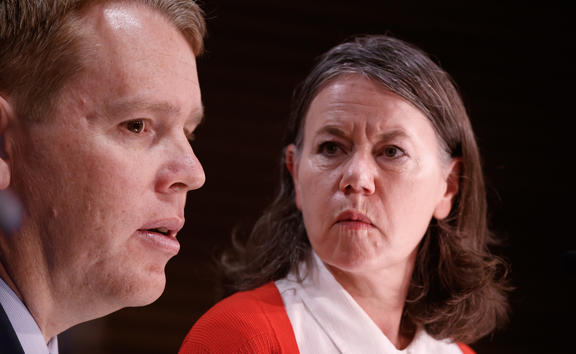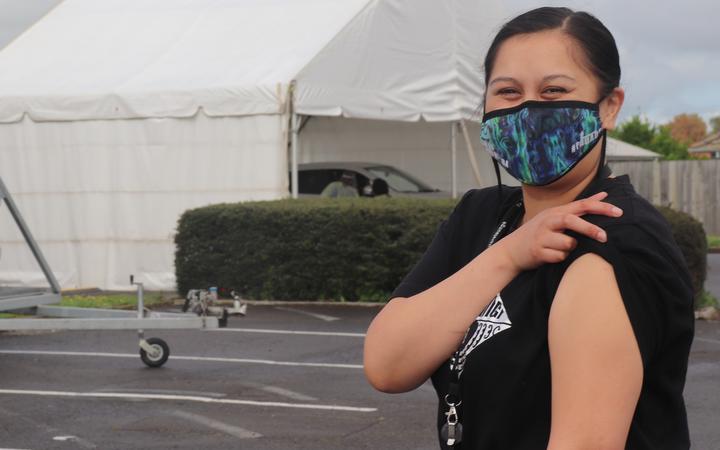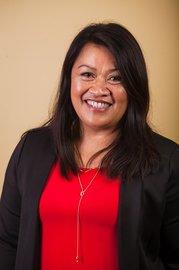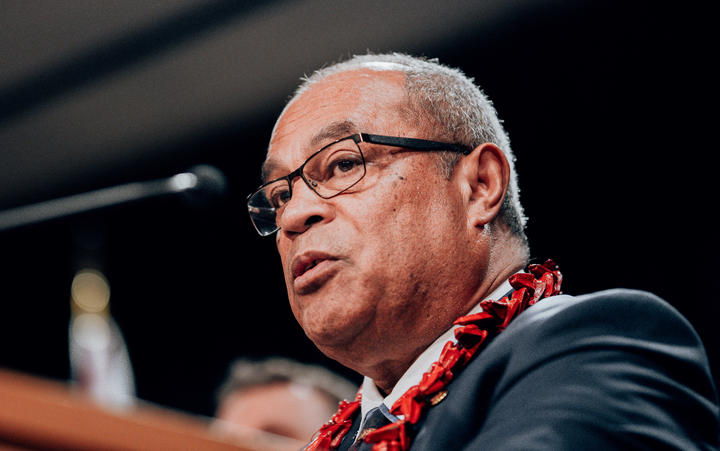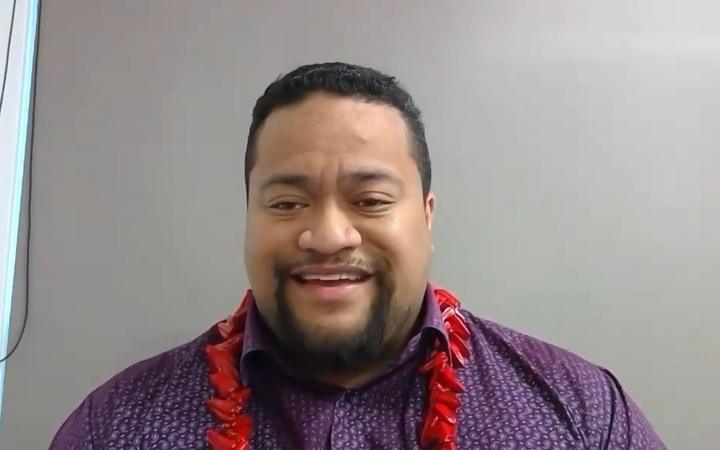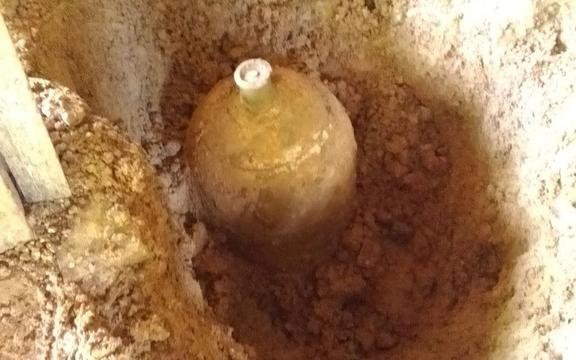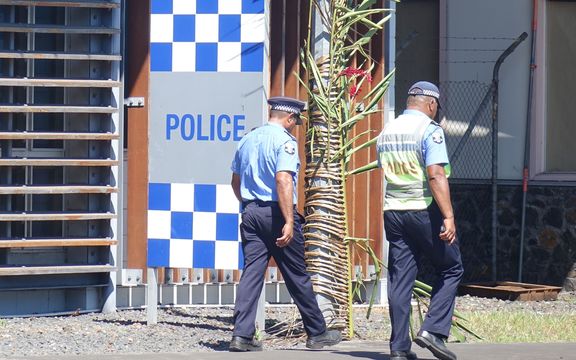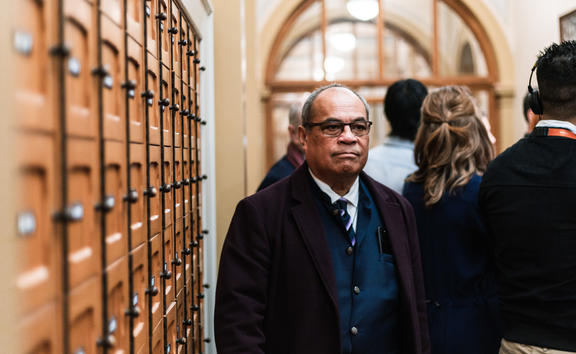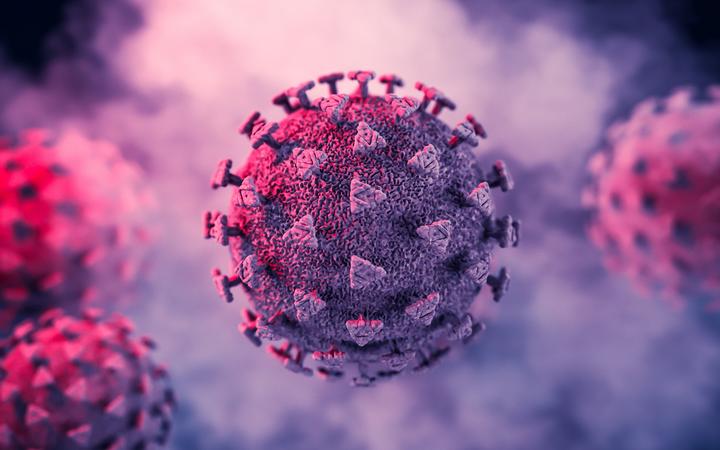By RNZ.co.nz and is republished with permission.
Analysis – The government’s move away from its Covid-19 elimination strategy causes confusion, the roadmap for easing Auckland’s restrictions is described as a road to nowhere and vaccinating the population becomes the top priority.
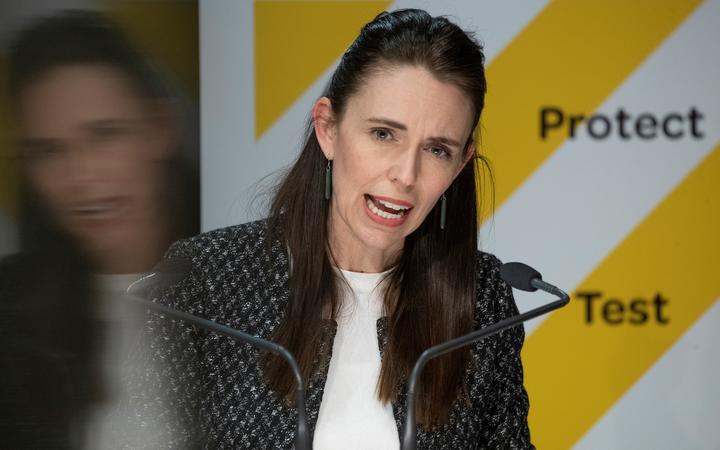
On Monday Jacinda Ardern changed the game in New Zealand’s response to Covid-19, writes Peter Wilson. Photo: POOL / NZME
The government’s elimination strategy, which kept the country safe for many months, was simple and easily communicated.
When cases appeared there were lockdowns until no new ones emerged and alert levels were brought down until life returned to a mask-wearing “new normal”.
On Monday Jacinda Ardern changed the game.
“The prime minister has not explicitly called time on the elimination strategy but the government’s plan marks a clear move away from it,” RNZ reported.
Ardern explained it this way: “With Delta the return to zero is incredibly difficult and our restrictions alone are not enough to achieve it quickly. In fact, for this outbreak it’s clear that long periods of heavy restrictions has not got us to zero cases”.
During the last few weeks the term “zero tolerance doesn’t mean zero cases” has been creeping into the daily briefings, although Ardern says the goal is still to stamp out the virus.
Her team of five million isn’t sure what game it’s playing, or what the rules are.
“Confusion on Covid strategy” said a Stuff headline on Wednesday.
Political reporter Thomas Manche said the shift away from the elimination strategy had created more questions than it answered, and he set out some of them.
Had the government’s aim now become suppression or containment of the virus? What level of community spread and sickness would be tolerated before restrictions were deployed? What did it all mean for the summer?
Getting the population fully vaccinated has become the government’s top priority, and it is putting huge emphasis on it. Ardern said vaccinations had given the government the opportunity to do things differently. “Elimination was important because we didn’t have vaccines,” she said. “Now we do, we can begin to change the way we do things.”
She said the change was always going to happen. Delta and vaccinations had accelerated it.
Opposition leader Judith Collins didn’t have any doubts about what was going on. “New Zealanders are not children, we no longer believe in Santa,” she said. “It’s time we were told the truth – the elimination strategy is quite clearly dead.”

Judith Collins says it’s time we are told the truth. Photo: RNZ / Samuel Rillstone
The New Zealand Herald’s Thomas Coughlan had this take on it: “Having so successfully tied itself to the success of the elimination strategy, Labour is now trying to explain why its abandonment is both not a failure and not its fault,” he said.
Ardern also announced a new plan for Auckland, the epicentre of the outbreak. It would stay under alert level 3 but restrictions would be gradually eased in three stages. The first stage started on Tuesday but there are no dates for the second and third stages.
It seemed to please no-one and upset nearly everyone.
“Jacinda Ardern releases unclear roadmap, experts say community transmission new normal,” the Herald’s headline said.
The main problem was seen as the lack of certainty about the second and third stages.
“The Beehive’s roadmap for Auckland is a bit like taking them on a road to nowhere,” said Newstalk ZB’s Barry Soper. “It has no finite end. The city could still be on the road at Christmas.”
That was echoed by others, including Auckland Chamber of Commerce chief executive Michael Barnett. He said business had been completely left out when the plan was being worked out.
The bottom lines in all this appear to be that while the aim remains to stamp out the virus, lockdowns can’t get rid of the Delta variant. Cities like Auckland can’t be shut down for long periods because public support could crumble and the economic impact is devastating, so a level of transmission has to be accepted as restrictions are eased.
The big gamble is that vaccinations, testing and contact tracing will keep case numbers at levels the health system can cope with. If there’s a big surge and it can’t be contained, Auckland and possibly other cities could look like Sydney and Melbourne.
Epidemiologist Professor Michael Baker said looser restrictions would make it easier for Aucklanders to live with Level 3 but the city could be in that level indefinitely. “Below that you have very few constraints on the virus.”
Director-General of Health Dr Ashley Bloomfield, speaking after the prime minister had announced the Auckland roadmap, said the next four to six weeks would be critical.
By the end of the week new Auckland cases were still being reported daily, the cluster in Waikato was spreading and the alert level 3 boundary had been extended.
On Friday, Stuff reported the government had been quietly consulting on a new “traffic light system” which would replace alert levels when high vaccination rates were reached.
It would end the practice of locking down regions, the report said. A green light would mean almost no restrictions, an orange light would mean face masks and capacity settings and red would be used when the health system was threatened. It was not yet policy.
Stuff political editor Luke Malpass, under the headline “Troubled Waters”, said Covid-19 could be here for Christmas.
“The certainties of the past 18 months have given way to anxiety about what comes next,” he said. “It is now a waiting game on what the government will do next … everything is now geared towards keeping the virus in check until full vaccination rates are driven up as high as possible.”
The good news, and there wasn’t much of that this week, was a surge in vaccinations as people became alarmed by what was happening around them and what could happen if the virus spread to other regions.
Covid-19 Response Minister Chris Hipkins promised that all the stops would be pulled out and announced a nationwide Super Saturday on 16 October when testing sites would be open all day and into the evening.
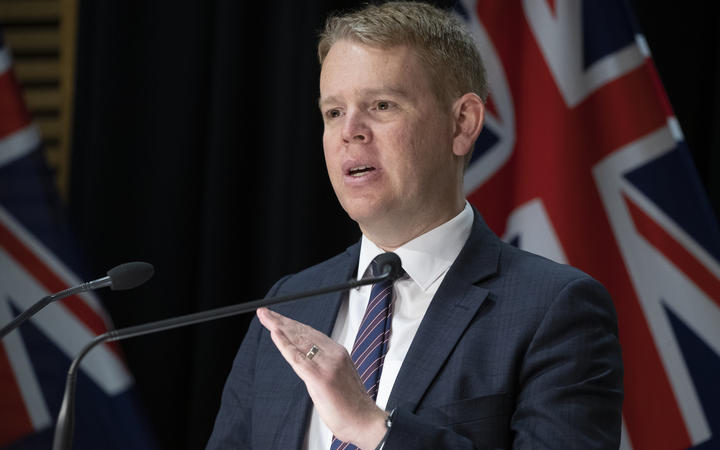
Chris Hipkins. Photo: Pool / NZME / Mark Mitchell
He wanted New Zealand to be the most vaccinated country in the world. Portugal had vaccinated about 98 percent of its eligible population, he said. “If they can do that, we can do it too.”
On Friday morning Ministry of Health figures showed 51 percent of the eligible population (those aged 12+) were fully vaccinated, 80 percent had been given a first dose and 82 percent were booked in or vaccinated with at least one dose.
During its hectic week the government also announced that vaccination passports would be rolled out in November. Entry to festivals and other big events would be restricted to people holding passports.
A new, more rigorous testing regime was revealed and RNZ reported there would be meetings with companies wanting to import rapid antigen tests.
There wasn’t much mainstream media space for other political events this week, but among those that made it were:
Minister of Justice Kris Faafoi announced a major review of electoral law. Among the issues considered will be the voting age, political party funding and the length of Parliament’s term, currently three years.
There could be referendums if big changes are proposed and they won’t come into force until the 2026 election. The intention is that some changes, including transparency around political donations, will be in place before the 2023 election.
An independent panel will be appointed to conduct the review.
RNZ’s political editor Jane Patterson said any fundamental changes would end up in the hands of politicians. Her analysis explains why that will be so, it’s on the website.
Winston Peters was in familiar territory, sticking up for seniors. The NZ First leader called for an urgent law change to avoid pensioners having their superannuation stopped while they were stranded overseas because they couldn’t get MIQ slots.
“This is not a difficult matter to solve,” Stuff quoted him as saying. “It begs the question, why some bureaucrat or politician has not got off their backside to see that there is obviously a fault that can be fixed.”
Under the law, superannuation can’t be paid to a person after they have been out of the country for 26 weeks. Peters said a bill could be introduced and made retrospective, which would solve the problem.
The government announced that from 1 November all non-New Zealand citizens would have to be fully vaccinated before entering the country. They would still have to go into MIQ for 14 days.
On the same day, Air New Zealand said it would introduce a “no jabs, no fly” policy for international travellers from 1 February. The delay would give people plenty of time to get vaccinated, it said.
*Peter Wilson is a life member of Parliament’s press gallery, 22 years as NZPA’s political editor and seven as parliamentary bureau chief for NZ Newswire.

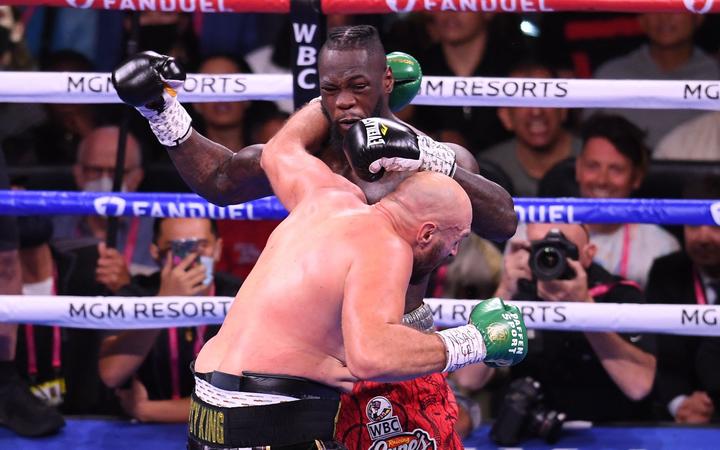
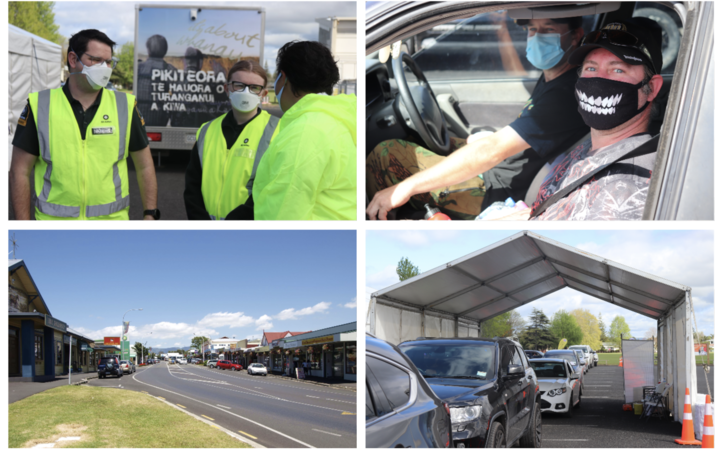
:quality(70)/cloudfront-ap-southeast-2.images.arcpublishing.com/tvnz/4F2OM2EPI5JI7AKNK3MSWZZYUA.jpg)
